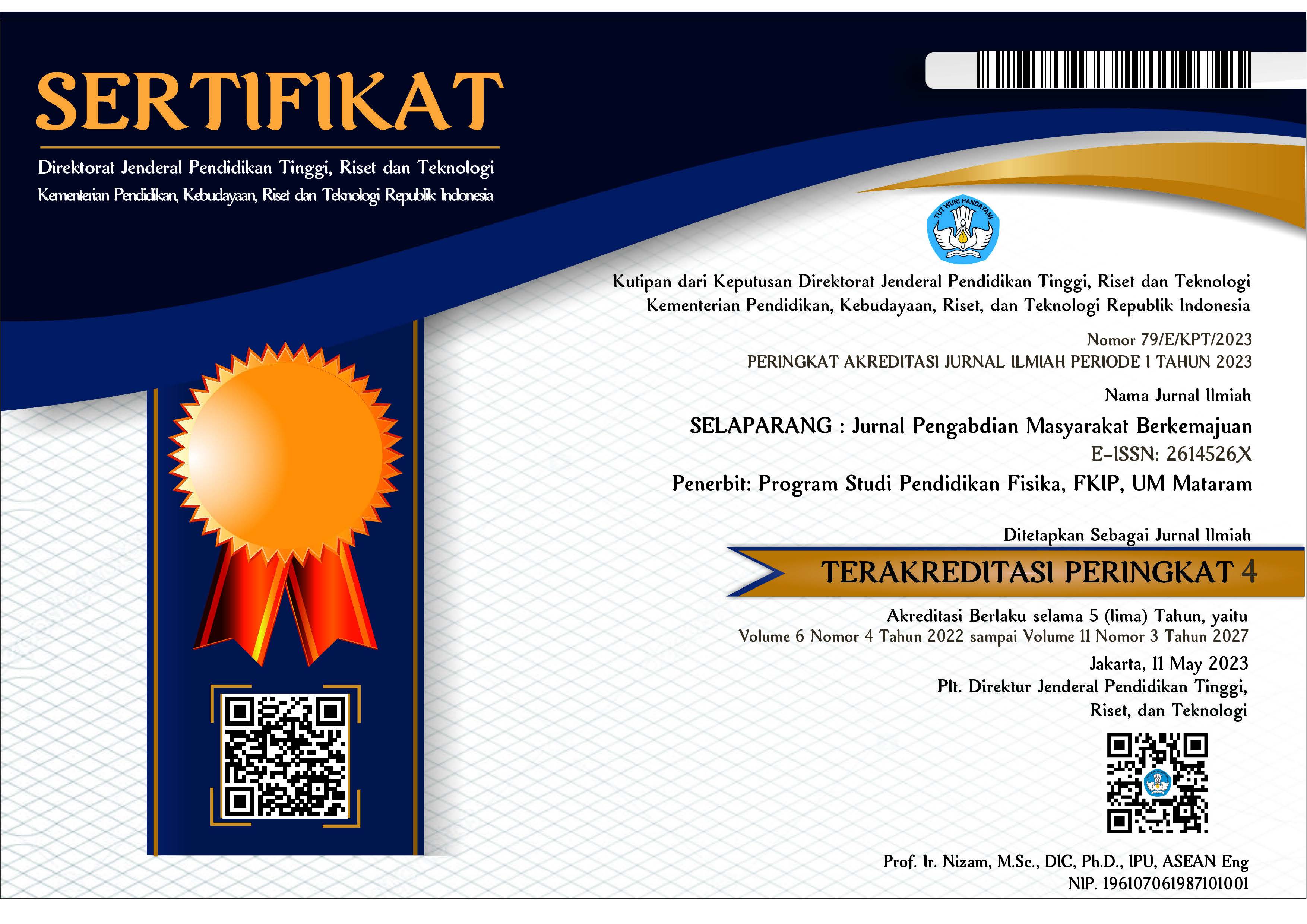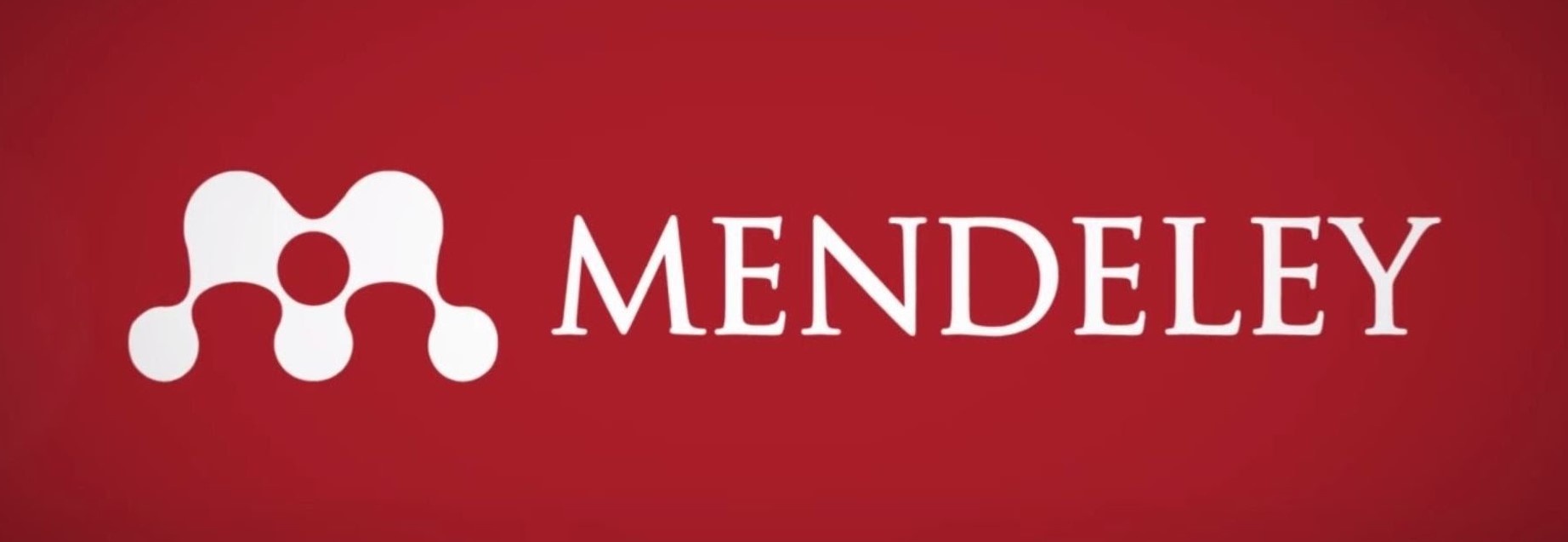PENINGKATAN LITERASI DIGITAL SISWA REMAJA SMKN 1 KOTA SERANG
Abstract
ABSTRAK
Hoaks dan hate speech merupakan masalah serius di Indonesia sehingga sangat penting untuk melakukan upaya-upaya peningkatan literasi digital masyarakat. Tujuan pengabdian pada masyarakat ini adalah meningkatkan literasi digital bagi masyarakat, dengan fokus pada siswa remaja SMKN 1 Kota Serang. Tahapan pelaksanaan pengabdian ini terdiri dari tahapan awal, perencanaan, pelaksanaan, dan evaluasi. Pada tahapan awal, tim mengidentifikasi kekhawatiran para guru dan siswa remaja SMKN 1 Kota Serang terkait kurangnya literasi digital serta kemampuan mereka menangkal hoaks dan ujaran kebencian. Tema penyuluhan adalah etika digital dan cara menangkal hoaks dan hate speech. Responden terdiri dari 33 orang siswa. Pretest dan posttest dilakukan dan dibandingkan untuk melihat perubahan yang terjadi akibat intervensi. Pada tahap evaluasi, hasil pretest menunjukkan bahwa 90.9% (skor literasi = 9,1%) pelajar masih memerlukan peningkatan literasi digital. Hasil post-test mengungkapkan bahwa tinggal 7,9% (skor literasi = 92,1%) pelajar yang perlu penguatan kembali. Dari hasil kegiatan ini diperoleh bahwa intervensi berupa penyuluhan pada pelajar SMKN 1 Kota Serang dalam tema etika digital dan cara menangkal hoaks dan hate speech mampu meningkatkan literasi digital pada 83,0% siswa.
Kata kunci: literasi digital; penyuluhan; hoaks; hate speech; pengabdian pada masyarakat.
ABSTRACT
False news and hate speech are serious problems in Indonesia, so it is very important to make efforts to increase people's digital literacy. The purpose of this community service is to increase digital literacy for the community, with a focus on young students at SMKN 1 Serang City. The stages of implementing this service consist of the initial stages, planning, implementation, and evaluation. In the early stages, the team identified the concerns of teachers and students at SMKN 1 Serang City regarding the lack of digital literacy and their ability to ward off hoaxes and hate speech. The theme of counseling is digital ethics and how to counteract hoaxes and hate speech. The respondent consisted of 33 students. The sampling method used is purposive sampling. Pretest and posttest were carried out and compared to see the changes that occurred as a result of the intervention. At the evaluation stage, the pretest results show that 90.9% (literacy score = 9.1%) of students still need increased digital literacy. The post-test results revealed that only 7.9% (literacy score = 92.1%) of students needed reinforcement. These program indicate that interventions in the form of counseling to students at SMKN 1 Serang City on the theme of digital ethics and how to counteract hoaxes and hate speech can increase digital literacy in 83.0% of students.
Keywords: digital literacy; counseling; false news, hate speech; community service.
Keywords
Full Text:
PDFReferences
Annur, C. M. (2021). Pengguna Instagram di Indonesia Mayoritas Perempuan. Databoks. Retrieved from https://databoks.katadata.co.id/datapublish/2021/06/29/perempuan-paling-banyak-gunakan-instagram-di-indonesia
Ata, R., & Yıldırım, K. (2019). Exploring Turkish Pre-Service Teachers’ Perceptions and Views of Digital Literacy. Education Sciences, 9(1), 40. https://doi.org/10.3390/educsci9010040
Berchin, I. I., Aguiar Dutra, A. R., & Guerra, J. B. S. O. de A. (2021). How do higher education institutions promote sustainable development? A literature review. Sustainable Development, 29(6), 1204–1222. https://doi.org/10.1002/sd.2219
Çoklar, A. N., & Tatli, A. (2021). Examining the Digital Nativity Levels of Digital Generations: From Generation X to Generation Z. Shanlax International Journal of Education, 9(4), 433–434. https://doi.org/10.34293/education.v9i4.4224
Fauzan, F., Arifin, F., Lubis, M. A., & Firdaus, F. M. (2022). Lecturer’s digital literacy ability in the pandemic. Cypriot Journal of Educational Sciences, 17(4), 1130–1142. https://doi.org/10.18844/cjes.v17i4.7122
Filho, W. L., Tortato, U., & Frankenberger, F. (Eds.). (2020). Universities and Sustainable Communities: Meeting the Goals of the Agenda 2030. Springer International Publishing. https://doi.org/10.1007/978-3-030-30306-8
Helsper, E. J., & Smahel, D. (2020). Excessive internet use by young Europeans: Psychological vulnerability and digital literacy? Information, Communication & Society, 23(9), 1255–1273. https://doi.org/10.1080/1369118X.2018.1563203
Lev-On, A., Steinfeld, N., Abu-Kishk, H., & Pearl Naim, S. (2021). The long-term effects of digital literacy programs for disadvantaged populations: Analyzing participants’ perceptions. Journal of Information, Communication and Ethics in Society, 19(1), 146–162. https://doi.org/10.1108/JICES-02-2020-0019
Muzykant, V. L., Muqsith, M. A., Pratomo, R. R., & Barabash, V. (2021). Fake News on COVID-19 in Indonesia. In D. M. Berube (Ed.), Pandemic Communication and Resilience (pp. 363–378). Springer International Publishing. https://doi.org/10.1007/978-3-030-77344-1_22
Papapicco, C., Lamanna, I., & D’Errico, F. (2022). Adolescents’ Vulnerability to Fake News and to Racial Hoaxes: A Qualitative Analysis on Italian Sample. Multimodal Technologies and Interaction, 6(3), 20. https://doi.org/10.3390/mti6030020
Rakimahwati, R., & Ardi, Z. (2019). An alternative Strategy for Increasing Indonesian Student Digital Literacy Skills through Interactive Game. Journal of Physics: Conference Series, 1339, 012122. https://doi.org/10.1088/1742-6596/1339/1/012122
Widiyawati, Y., Nurwahidah, I., Sari, D. S., Masykuri, M., & Budiyanto, C. W. (2021). The 21 st century science learning: HOTS and digital literacy among junior high school students in Semarang, Indonesia. Journal of Physics: Conference Series, 1842(1), 012081. https://doi.org/10.1088/1742-6596/1842/1/012081
Yildiz, E. P. (2020). Opinions of academicians on digital literacy: A phenomenology study. Cypriot Journal of Educational Sciences, 15(3), 469–478. https://doi.org/10.18844/cjes.v15i3.4913
DOI: https://doi.org/10.31764/jpmb.v7i1.13609
Refbacks
- There are currently no refbacks.

This work is licensed under a Creative Commons Attribution-ShareAlike 4.0 International License.
______________________________________________________
Jurnal Selaparang
p-ISSN 2614-5251 || e-ISSN 2614-526X
EDITORIAL OFFICE:



















